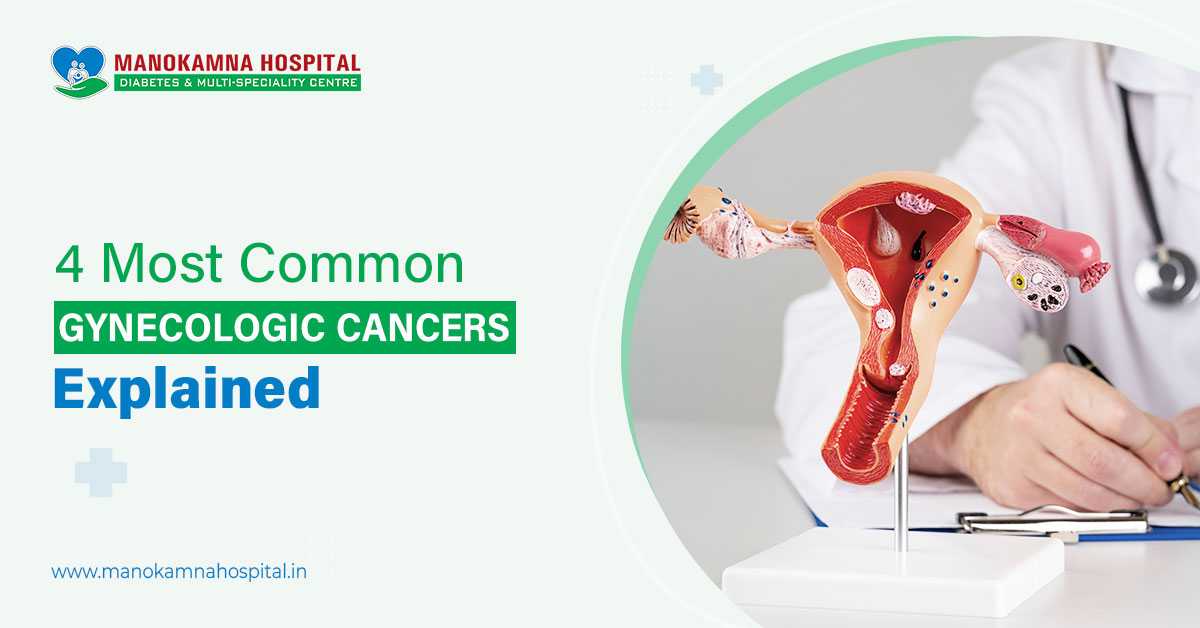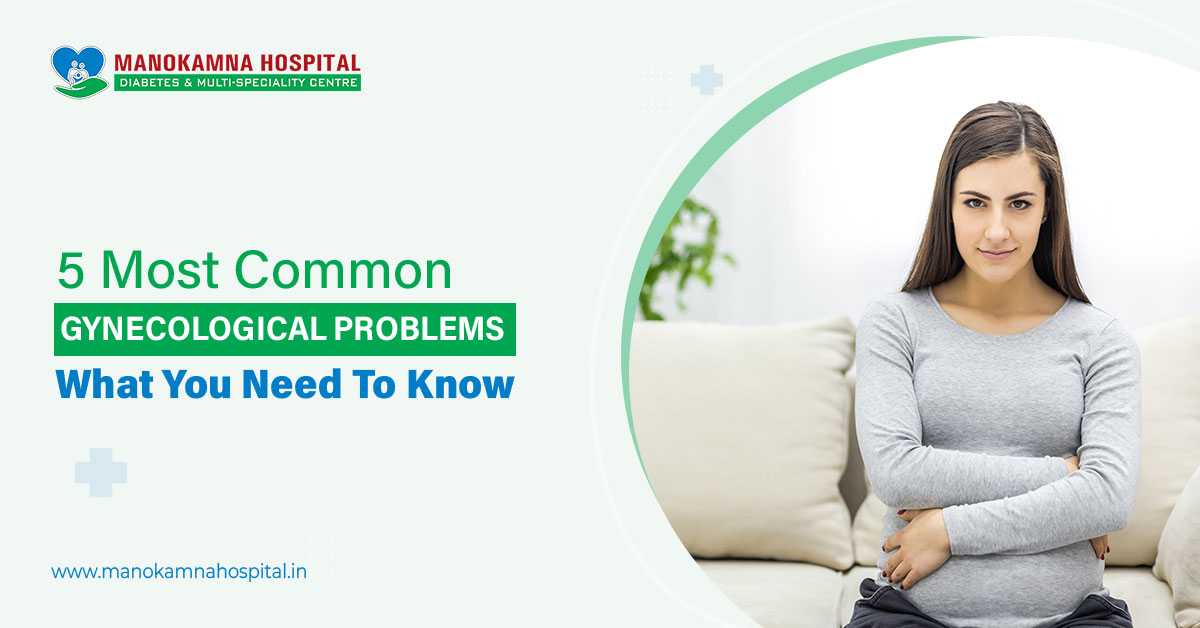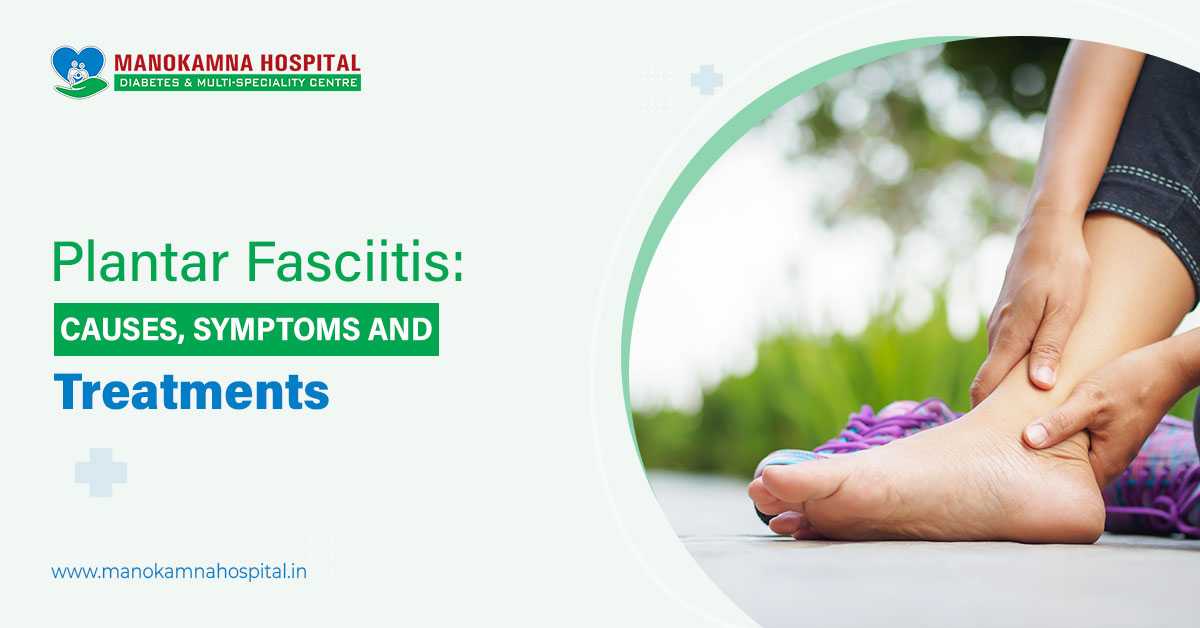Ovarian cysts are generally benign cysts on or inside the ovaries. About 10% of women experience this reproductive health condition. More commonly, these growths go away without treatment and are painless, and harmless. An ovarian cyst is a fluid-filled or semisolid-substance-filled sac that can develop in one or both ovaries.
It's uncommon for ovarian cysts to cause complications, but not impossible. During a pelvic exam or imaging test, a doctor determines the cyst. Consult your gyne doctor for routine health evaluation if you have a family history or personal history. You might talk to the top gynaecologist in Siliguri.
The chance of ovarian cysts developing into cancer is very low. The risk is less than 1%. When it comes to its complications, common ones are ovarian torsion and cyst rupture. In ovarian torsion, the ovary twists around or over the ligaments supporting it.
A ruptured ovarian cyst means a cyst bursts open, leading to intense pain, bleeding, etc. In other instances, cyst rupture may not cause prominent symptoms. The possibility of complications increases if the cyst is large.
Signs and symptoms of ovarian cysts
Signs and symptoms are frequent with large cysts generally, including:
- Pelvic pain that is ongoing/comes and goes
- Dull ache felt in your back
- Heaviness and fullness felt in your abdomen
- Painful periods
- Bloating, nausea
- Pain with fever
- Pain with intercourse
Risk factors for ovarian cysts
Common contributing factors for ovarian cysts are:
- Endometriosis (endometrium-like tissue develops outside the uterus like ovaries, fallopian tubes, bladder, intestines)
- Early pregnancy caused by fluid during ovulation stays in the empty follicle and it leads to cystic formation.
- Pelvic inflammatory disease if becomes severe can travel up to your ovaries and contribute to ovarian cysts.
- Previous ovarian cysts may increase the likelihood of future ovarian cysts
Functional cysts are common and rarely cause signs like pain. Most ovarian cysts are functional, which tend to disappear within two to three menstrual cycles. You might make an appointment with the best gynaecologist in Siliguri City for ovarian cyst treatments.
Further cyst types include ovarian dermoid cysts (develops in the cells that make eggs in the ovaries), endometrioma (found in women with endometriosis), and cystadenoma (a rare kind of cystic adenoma).
Tests and medical care for ovarian cysts
A pelvic exam/pelvic ultrasound is the classic diagnostic procedure to rule out if you have ovarian cysts. If you have ovarian cysts before, you have to be more attentive to your well-being.
Possible tests or diagnostic procedures here are a pelvic ultrasound, pregnancy test, laparoscopy (a fine, small clinical tool called laparoscope inserted through the abdominal wall to examine your ovaries), blood tests, etc. You might consult the best female gynaecologist in Siliguri.
Treatment for ovarian cysts includes watchful waiting (go away on their own), medicines, and surgery (for large ovarian cysts). Your gyne doctor ensures medical care depending upon the size, type, and location of the ovarian cysts, and your age. Benefit your reproductive health with expert guidance.




